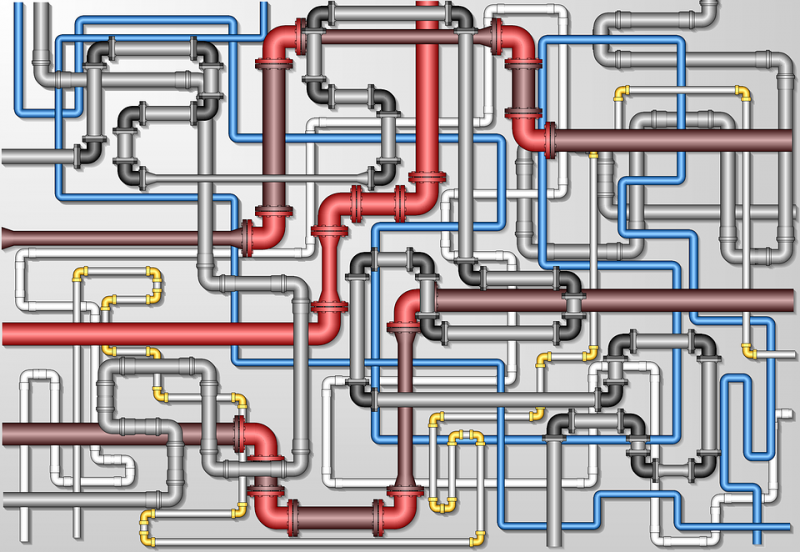Knowledge: Value, Management, Sharing and Know-How
Published on by Victor Dvornikov, Cloud technologist - Crenger in Technology
Nobody will argue that knowledge fuels businesses and circular economies. More precisely, not all knowledge - only know-how that rises above the its public content. Unlike the latter, know-how adds explicit value: it drives decision-making in business and commerce.

Representative image, source: Pixabay
Any water infrastructure project may be staged into Engineering, Detail Design, Procurement, Construction, Commissioning and Operation.
To execute a project, its team shall at least include 4 distinct entities.
- Process Engineering (PE)
- Control and Instrumentation and Electricals (CI&E)
- Mechanical Design (MD)
- Project Management, Procurement and Quality Assurance (PM&QA)
Read full article: Crenger
Media
Taxonomy
- Water Treatment Design
- Treatment Plants
- Infrastructure
- Integrated Infrastructure
- water treatment
- Knowledge Management
- Desalination
2 Comments
-
Knowledge and sharing are critically important, of course, but the keen sense of competition and jealousy puts a serious damper on this. Conferences are key, and the obvious rationale for these is the importance of sharing and forming partnerships. In my opinion, conference organizers, should play a proactive role in encouraging the partnerships, introducing the various sides to each other.
Decision makers in WASH and environmental health in general, need to make it clear, just what the best choices of technologies are. Otherwise implementers may choose between choices of technologies that are not so good.
-
The seven stages of a project are: conception; planning; design; procurement; construction; commissioning and operation. Asset management would add refurbishment and decommissioning.